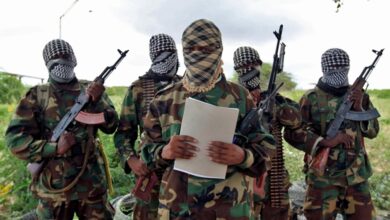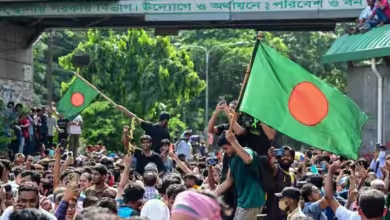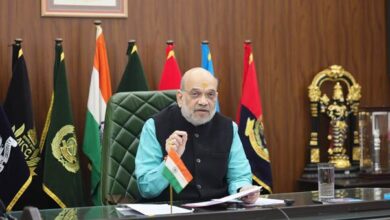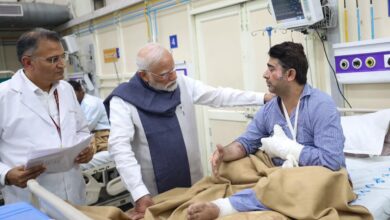Mumbai Metro Line 3 Fully Operational: A Game-Changer for City Commuters
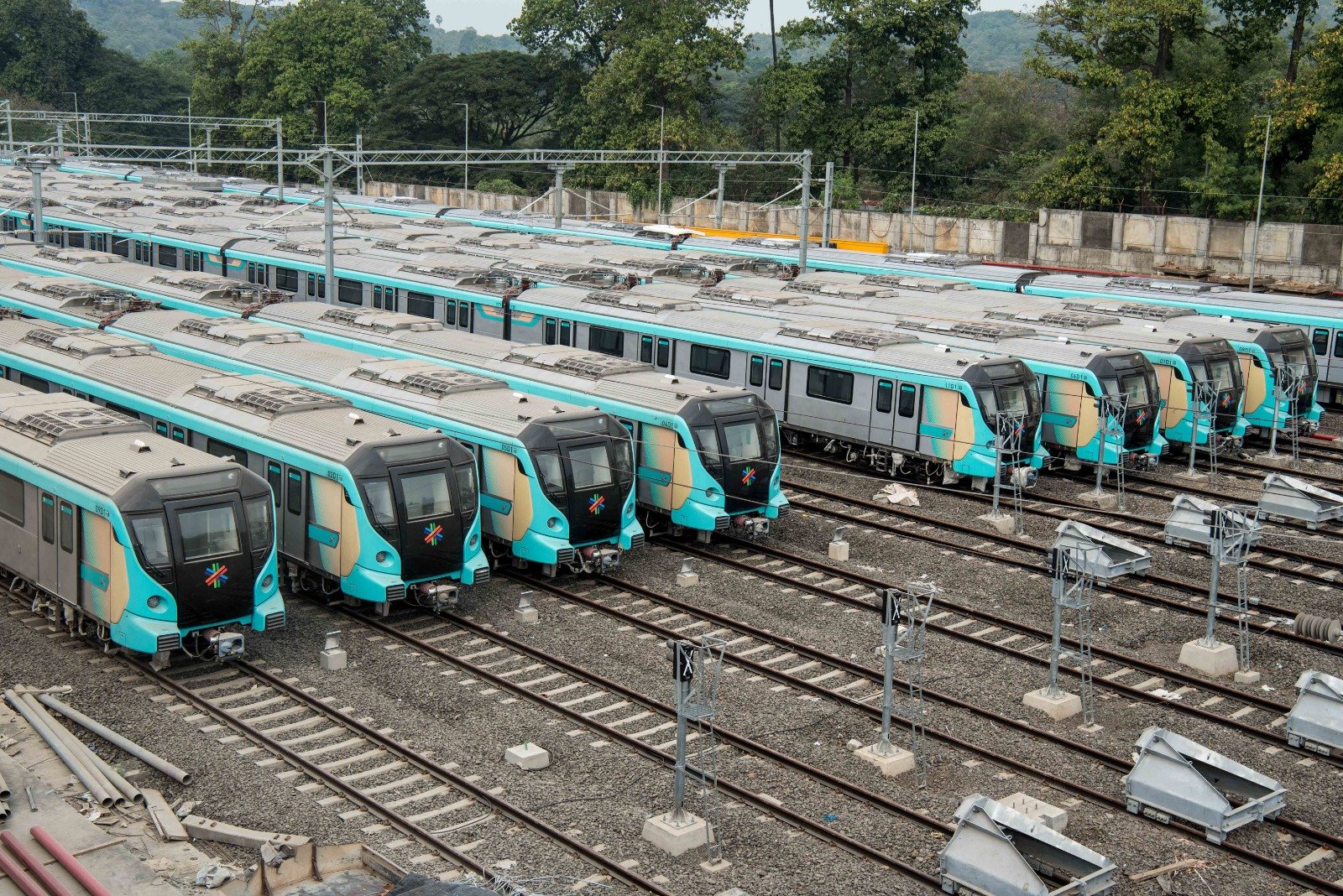
Pic Courtesy: X post from @narendramodi
Mumbai, 9 October 2025: The Mumbai Metro Line 3 (Colaba–Bandra–SEEPZ corridor) has officially become fully operational with the inauguration of the final segment between Acharya Atre Chowk Station and Cuffe Parade Station on 8th October 2025. The ceremony was attended by Prime Minister Narendra Modi, highlighting the significance of this milestone in India’s urban transport landscape.
Mumbai’s first fully underground metro system spans 33.5 km with 26 underground stations and 1 above-ground station, linking key areas like Bandra-Kurla Complex, Dharavi, Mumbai international airport, and MIDC. This enhances accessibility across commercial, residential, and transport hubs in the city. The journey from Mumbai international airport to Cuffe Parade now takes approximately 45 minutes, down from 2 hours during peak traffic, representing a substantial reduction in travel time.
The project was supported by Japanese Official Development Assistance (ODA) via Japan International Cooperation Agency (JICA), with loans totaling JPY 354,132 million within an overall project cost of JPY 680,692 million. The metro incorporates inclusive commuter features like women-only cars, accessible platforms for differently abled, and high-grade surveillance systems across all stations and trains.
Prime Minister Narendra Modi described the metro as a “living symbol of a developing Bharat”, lauding workers and engineers for their efforts in constructing an underground metro in a bustling city like Mumbai while ensuring safety of historic buildings. Chief Minister of Maharashtra expressed pride in building India’s largest underground metro, thanking Japan and JICA for their support. Mr. TAKEUCHI Takuro, JICA India Chief Representative, called it a testament to Japan-India cooperation, exemplifying sustainable urban mobility.
The Mumbai One App has been launched for integrated ticketing across multiple transport modes including Metro, Monorail, buses, and local trains. Fares range from ₹10 (up to 3 km) to ₹70 (maximum fare). The metro is expected to serve around 13 lakh passengers daily and reduce 2.61 lakh tonnes of CO₂ emissions annually. The construction utilized 17 Tunnel Boring Machines simultaneously, a national record.
This completion marks a major advancement in Mumbai’s infrastructure, promising faster commutes, reduced congestion, and enhanced connectivity for Mumbaikars, reflecting national progress and urban transformation.




